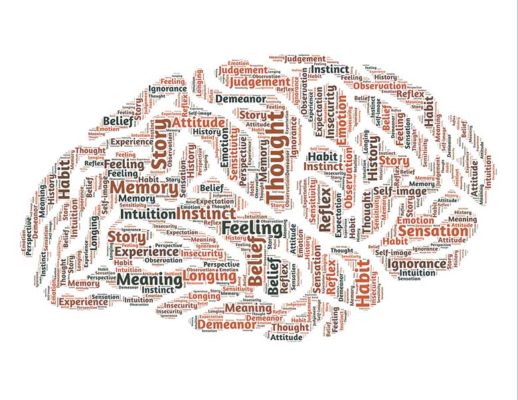
Emotion is central to the quality and range of everyday human experience.
The neurobiological substrates of human emotion are now attracting increasing interest within the neurosciences motivated, to a considerable extent, by advances in functional neuroimaging techniques. An emerging theme is the question of how emotion interacts with and influences other domains of cognition, in particular attention, memory, and reasoning. The psychological consequences and mechanisms underlying the emotional modulation of cognition provide the focus of this article.
An ability to ascribe value to events in the world, a product of evolutionary selective processes, is evident across phylogeny (1). Value in this sense refers to an organism’s facility to sense whether events in its environment are more or less desirable. Within this framework, emotions represent complex psychological and physiological states that, to a greater or lesser degree, index occurrences of value. It follows that the range of emotions to which an organism is susceptible will, to a high degree, reflect on the complexity of its adaptive niche. In higher order primates, in particular humans, this involves adaptive demands of physical, sociocultural, and interpersonal contexts.








